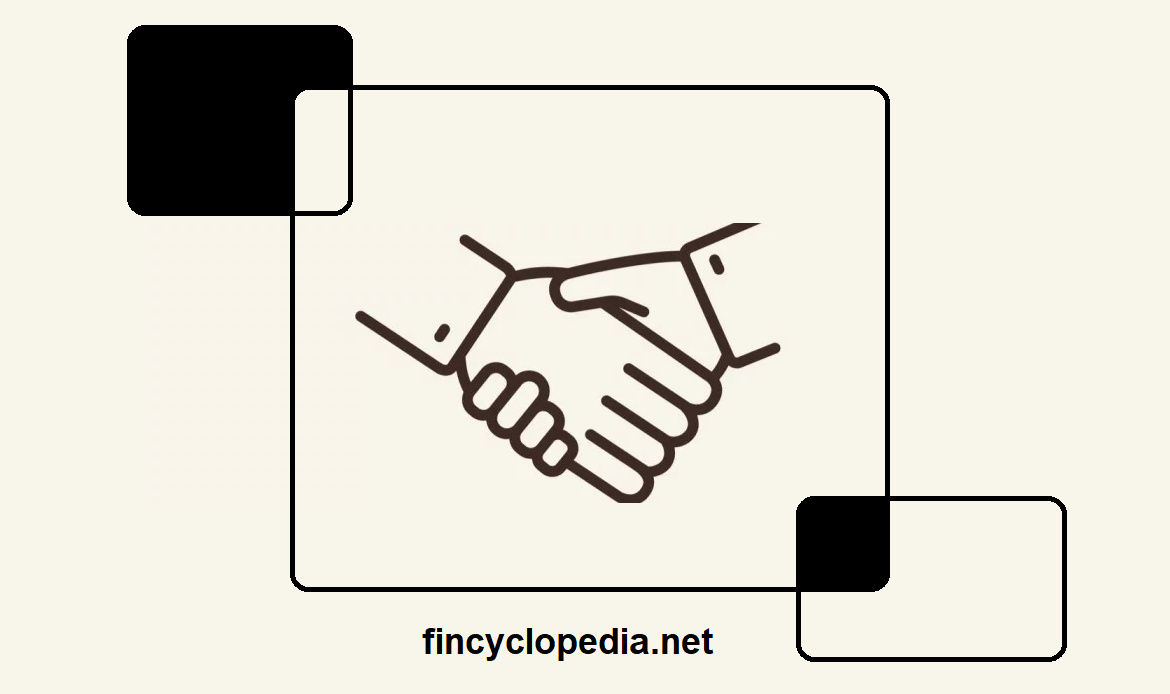A credit that is secured by any sort of collateral (security). It includes all types of secured/ collateralized lending facilities extended by a market participant to another over the course of a certain period of time, and according to pre-agreed contractual terms. Examples of secured credit include secured line of credit and secured credit cards.
Secured credit always bears lower interest rates, everything else held constant, because it is less risky than unsecured credit in which there is no collateral to serve as a guarantee for repayment.
A prime example of secured credit is an secured loan– a loan that is guaranteed by a specific type of property/ assets. The creditor receives collateral as an assurance for repayment and therefore is not substantially exposed to the risk of default by the borrower due to the existence of a specific property/ asset to recourse to.
Generally speaking, secured debt is associated with lower interest rates than unsecured debt due to the guarantee provided to the lender in the form of the security. Some lenders examine the credit history of borrowers and their ability to pay instead of asking for collateral.




